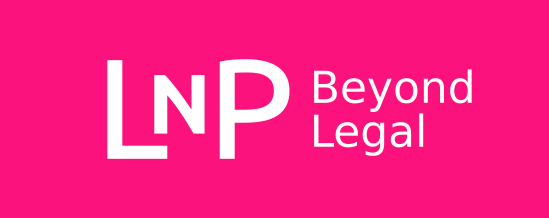Can an emoji seal a deal? Saskatchewan court says yes – and South African law agrees
In a landmark decision, a Canadian court ruled that a 👍🏼 emoji can constitute acceptance of a contract. This case, involving South West Terminal Ltd (SWT) and farmer Chris Achter, centred around a delivery contract for 87 tonnes of flax by Achter. Achter responded to SWT”s contract offer with a thumbs-up emoji but later argued that it did not signify acceptance of the terms.
Key legal question: Can a 👍 emoji sent via text message be interpreted as acceptance of a contractual offer?
SWT claimed it had concluded a deferred delivery purchase contract with Achter for 87 metric tonnes of flax, with delivery scheduled for November. Following a phone call, SWT’s representative sent a photo of the signed contract via text, requesting confirmation, to which Achter replied with a 👍 emoji. However, no flax was delivered to SWT, and Achter denied the existence of a binding contract, arguing that the terms lacked certainty and that the contract was unenforceable under the Canadian Sale of Goods Act due to the absence of a signed agreement.
Court’s findings
The court ruled in favour of SWT holding that:
- The emoji constituted acceptance of the contract.
- The emoji also fulfilled the signature requirement under the Canadian Act, as it identified the sender and conveyed intent.
- The contract was not void for uncertainty, given the parties’ longstanding business relationship and prior similar dealings.
What About South African Law?
South African law has kept pace with the digital age. The Electronic Communications and Transactions Act 25 of 2022 (ECT Act) provides clarity on the legal status of electronic communications and data messages.
Section 11 of the ECT Act affirms that:
- Information is not without legal force simply because it’s in the form of a data message.
- Information that is merely referenced within a data message, rather than explicitly included, can still carry legal significance
- Information that is not publicly available is considered part of a data message if:
- It is clearly referenced in a way that a reasonable person would notice; and
- It is accessible in a readable format.
Section 12 confirms that a legal requirement for a document to be “in writing” is met if the content is presented as a data message and remains accessible for future reference.
Legal significance
This Canadian case confirms that emojis, when used in the right context, can signal contractual intent and even satisfy signature requirements. It highlights how courts are adapting to modern communication tools, recognising that digital symbols, like a thumbs-up emoji, can carry legal weight when supported by prior dealings and mutual understanding. While our courts have not, as yet, decided on this specific issue, this case aligns with the principles found in South African statute and past judgements relating to the ECT Act.
Takeaway for businesses
Digital communication is now central to contract negotiation and administration. A simple emoji, under the right circumstances, could bind parties to a contract. Businesses should be mindful of how their messages, whether text, email, or emoji, may be interpreted legally.
Contact Nikita Lalla, Ricardo Pillay, Danielle Giannico, or Msizi Zungu to mitigate risks and minimise disputes when planning, negotiating, or delivering projects.
